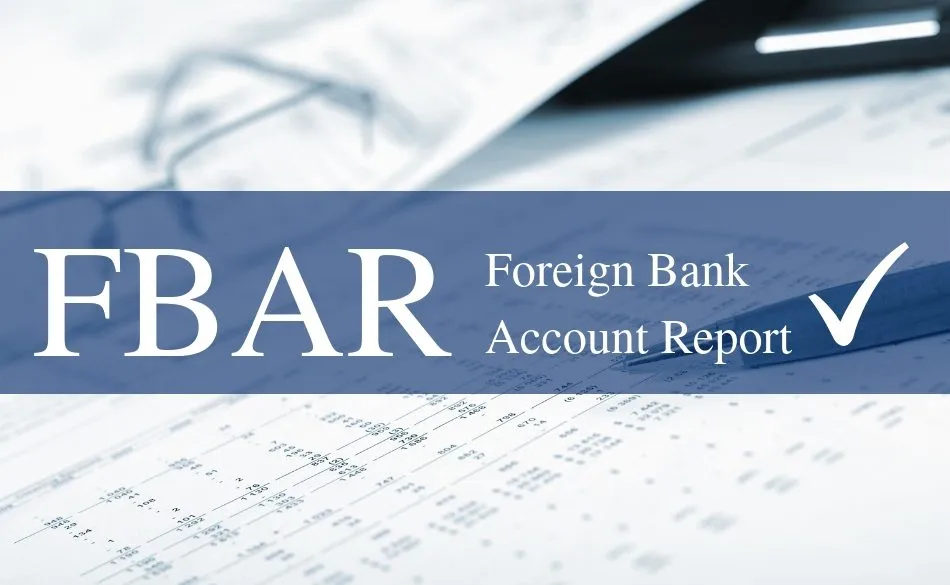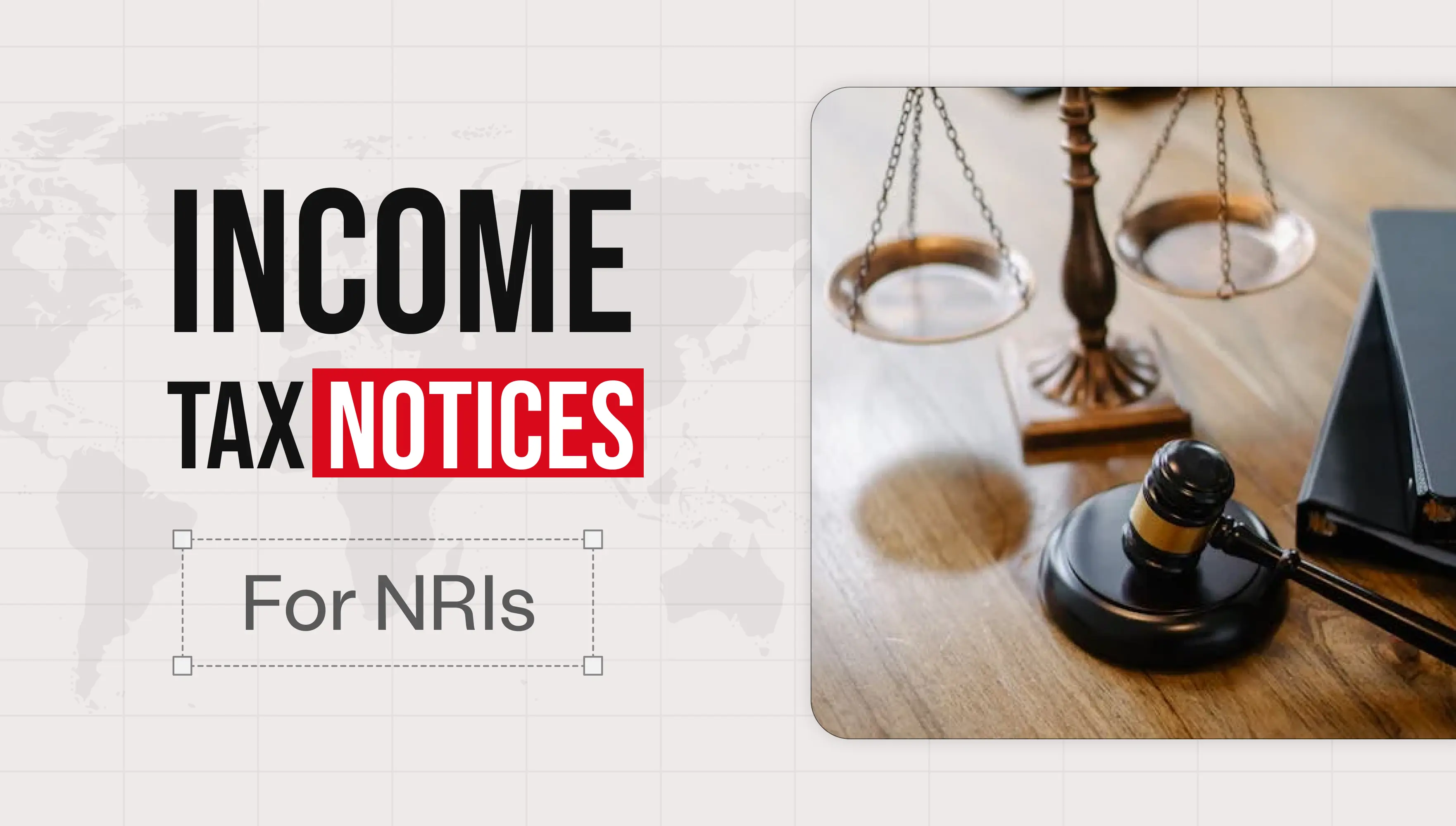 WhatsApp
WhatsApp
 Call Us
Call Us
 Email Us
Email Us
 Whatsapp Community
Whatsapp Community

A Power of Attorney (PoA) is a legal document that allows one person (the agent) to act on behalf of another (the principal) in specific matters. This is especially important for Non-Resident Indians (NRIs) who need to manage property, financial, or legal matters in India while living abroad.
Having a Power of Attorney is essential for NRIs managing affairs in India. Whether for property transactions, financial decisions, or legal matters, a PoA enables you to appoint a trusted individual—be it a family member, friend, colleague, or professional—to represent your interests.
Ans: To execute a PoA in the UK, follow these steps:
Ans: For PoA attestation, you need:
Ans: Yes, you need two UK-based witnesses for the PoA, who must present their original passports during the signing process.
Ans: If your witnesses are unable to be present, provide notarized copies of their passports along with a PoA signed before a Notary Public.
Ans: Yes, a PoA can be executed on either plain paper or stamp paper, depending on your legal requirements.
Ans: The validity of a PoA depends on the specific terms included in the document. Consulting a professional for clarity is recommended.
Ans: Yes, a PoA can be revoked at any time by the principal, provided they are mentally competent. A written notice should be sent to the agent and relevant authorities.
Ans: A Power of Attorney can cover various matters, including:
Property Transactions: Buying, selling, or managing real estate.
Financial Decisions: Managing bank accounts, investments, and financial assets.
Legal Affairs: Representing the principal in legal proceedings or civil matters.
Healthcare Decisions: Making medical decisions on behalf of the principal (specific PoA needed).
Ans: It is highly recommended to have your PoA drafted by a qualified professional familiar with Indian law.
Ans: Yes, you can grant a Power of Attorney to non-blood relatives, including friends, colleagues, or professionals. It's crucial that you have trust in the PoA holder, as they will be managing important aspects of your affairs.
Ans: In India, the PoA must be registered in SDM office of the specific state where the property is located or where the transaction will take place. This ensures that the PoA is legally recognized and enforceable in that jurisdiction.
Ans: Yes, multiple NRIs who are related can grant Power of Attorney to a single individual. This can simplify management and decision-making for shared interests or properties.
The Three-Step Process for Obtaining a Power of Attorney
It's essential to have your PoA drafted by a qualified professional familiar with Indian law. This ensures compliance with all legal standards and requirements.
After drafting, you must obtain attestation at the High Commission. Make sure to:
Book an online appointment for consular services.
Complete the Miscellaneous Application Form.
Provide all required supporting documents.
Once attested, the PoA should be registered at the Sub-Divisional Magistrate (SDM) office specific state in India to ensure its legal validity.
Executing a Power of Attorney is a critical step for NRIs managing legal and property affairs in India. By following the outlined steps and ensuring all documentation is completed correctly, you can protect your interests effectively. For personalized guidance, consulting a qualified professional is highly recommended.
Contact Dinesh Aarjav & Associates for Expert Assistance!
If you have further questions about Power of Attorney or need help with the execution process, reach out to Dinesh Aarjav & Associates. We specialize in helping NRIs navigate the complexities of legal matters in India!







Stay in the loop, subscribe to our newsletter and unlock a world of exclusive updates, insights, and offers delivered straight to your inbox.